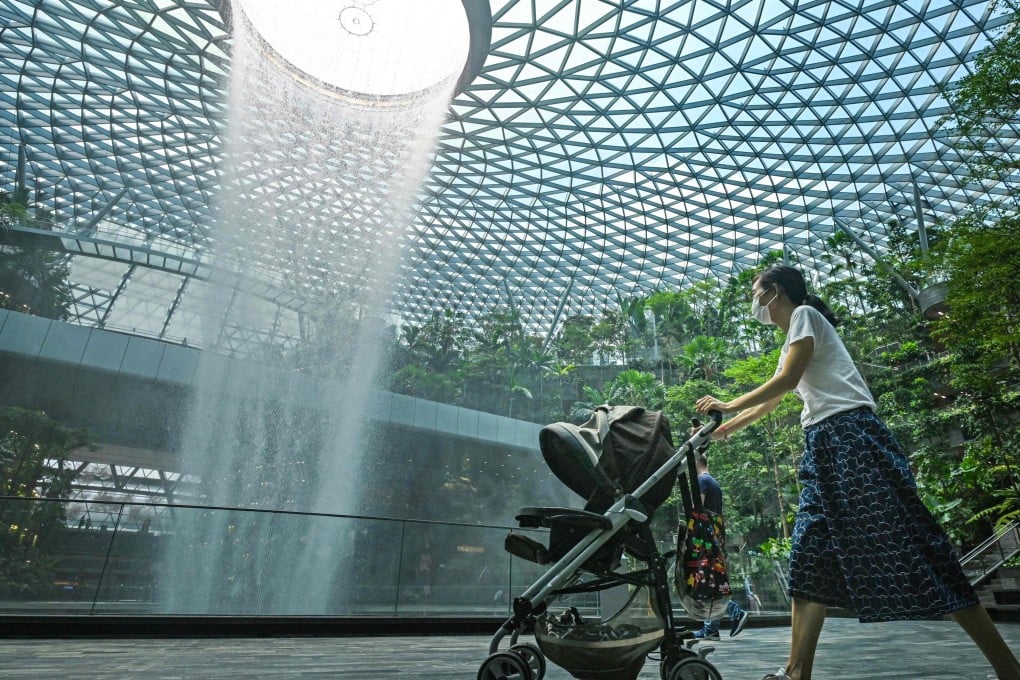Singapore’s single women ‘not supported’ even as egg-freezing rules are eased
- Singapore has recently liberalised its egg-freezing rules, with women aged 21-37 allowed to undergo the procedure. But only those married are allowed to use them
- Its approach differs to elsewhere in Asia, including Taiwan, Malaysia, Thailand and Indonesia

Jusmin Tan was 32 when she toyed with the idea of freezing her eggs, having split up with her husband.
She had always wanted children but the option was not available to her in 2017, as Singapore at the time only allowed women with conditions that affected their fertility – like autoimmune conditions or low egg reserves – to freeze their eggs.
Following expert input, the government last year lifted those restrictions for women aged 21 to 35. This week, officials raised the upper age limit to 37.
While the tweak brought cheer to some women newly eligible for the procedure, others say the policy is still not fully inclusive as the use of frozen eggs only applies to those who are married.
For women like Tan, who turned 38 this year, the liberalisation of the rules comes too little, too late. “If they increased the age limit to 40. I would definitely do it, immediately,” she said.
The move comes shortly after the city state recorded its lowest-ever total fertility rate of 1.05 last year. Many Asian governments believe a rate of 2.1 births per woman is an optimum replacement level, although the United Nations Population Fund recently described using the measure as a “gold standard” a “mistake”.